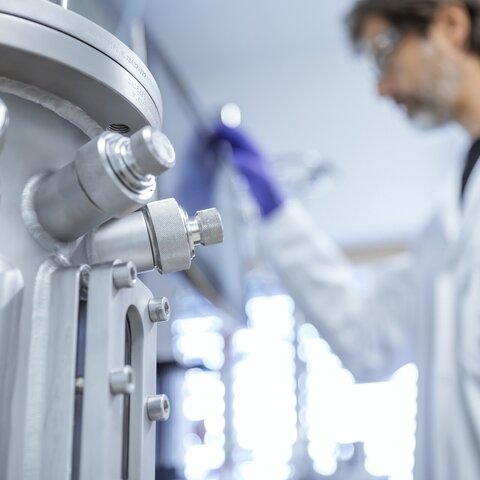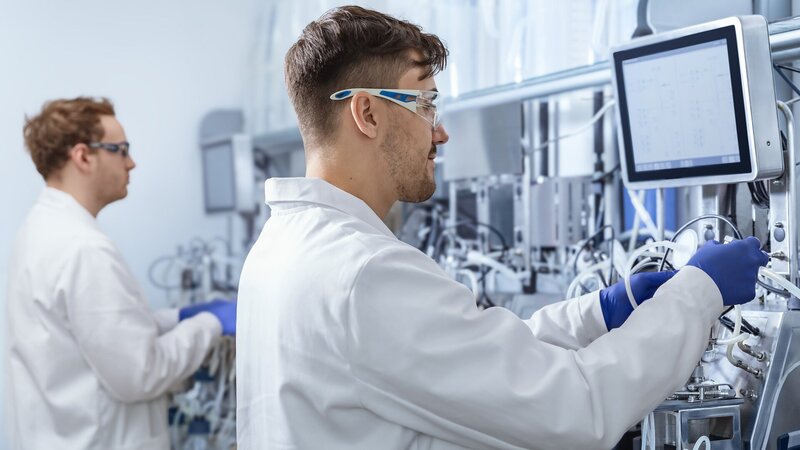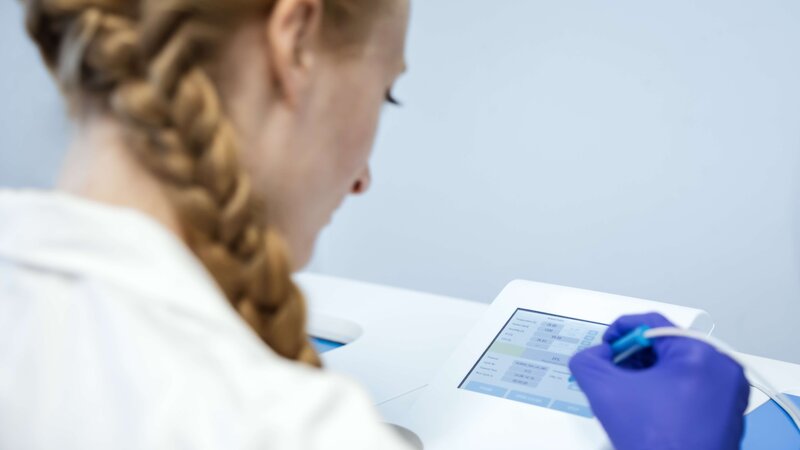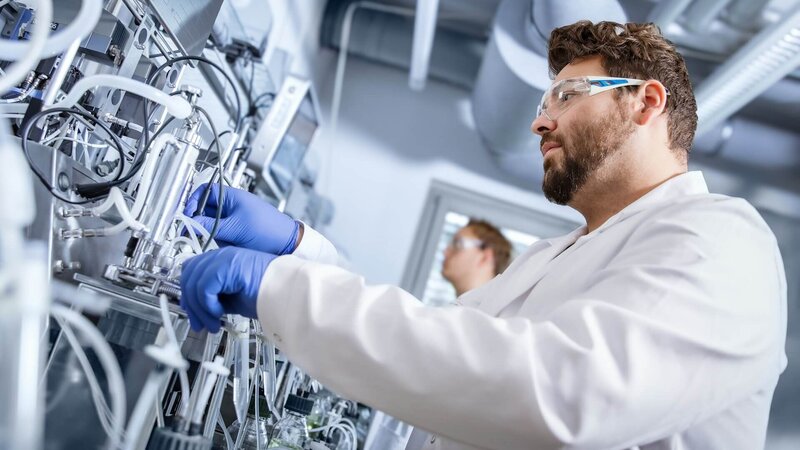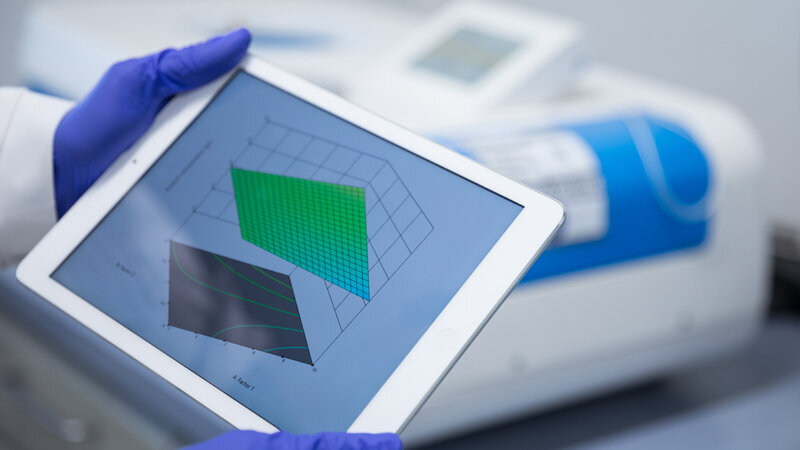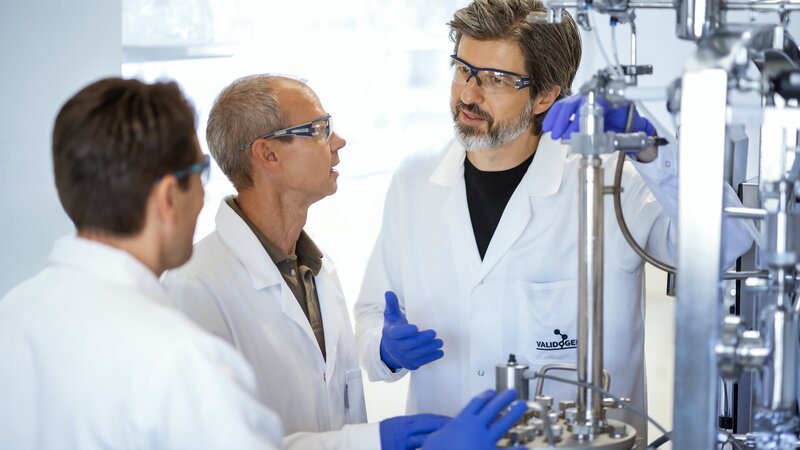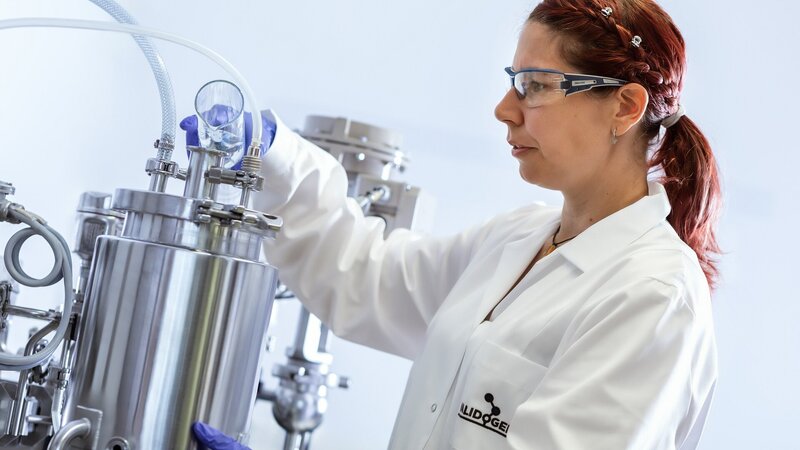Building a Robust Process Before You Scale
At VALIDOGEN, we specialize in developing robust, scalable, and high-yield Pichia pastoris fermentation processes that perform reliably from lab to production scale. Starting from our established platform protocols, our fermentation experts design and optimize production processes tailored to your target protein and application. From the earliest development stages, scale-up and regulatory considerations are embedded into each project to ensure that results obtained at laboratory scale translate seamlessly to pilot and industrial production. This minimizes adaptation during technology transfer and enables smooth, cost-efficient implementation at large scale.
Customers worldwide have successfully established VALIDOGEN-developed Pichia pastoris processes at volumes of up to 200,000 L, confirming the robustness, scalability, and transferability of our UNLOCK PICHIA® technology.
Whether your goal is to produce a therapeutic protein, industrial enzyme, food or feed ingredient, or diagnostic protein, VALIDOGEN delivers reliable processes designed for consistent quality, efficiency, and commercial viability. With over 15 years of expertise VALIDOGEN enables clients to move confidently from early development to full-scale manufacturing - avoiding costly setbacks and securing long-term production success.
